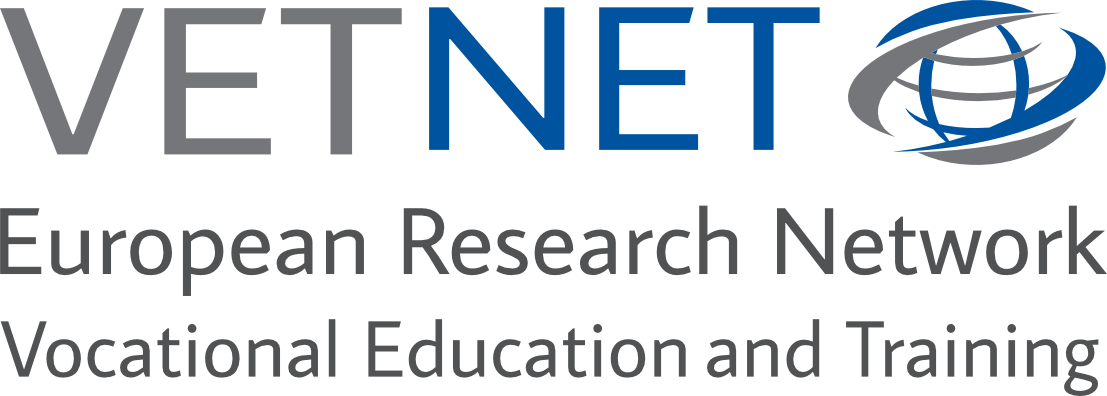Formation of Apprenticeships in the Swedish Education System: Different Stakeholder Perspectives
DOI:
https://doi.org/10.13152/IJRVET.2.1.1Keywords:
initial vocational education and training, school-based apprenticeships, policy formation, activity theory, educational trajectories, upper secondary schoolAbstract
The article explores the major features of the Swedish Government’s new initiative - a school based Upper Secondary Apprenticeship model. The analyses are guided by activity theory. The analysed texts are part of the parliamentary reform-making process of the 2011 Upper Secondary School reform. The analyses unfold how the Government, the Swedish Trade Union Confederation (LO), and the Confederation of Swedish Enterprise (SN) construct Upper Secondary Apprenticeship as an activity in the 21st century. The conclusion highlights how three traditional aspects of Swedish initial vocational education and training (IVET) collide in the formation of Upper Secondary Apprenticeship – a curriculum of labour market based apprenticeships, a curriculum of school based IVET, and ill-defined curriculums of school based apprenticeships. The emerging Upper Secondary Apprenticeship curriculum foreshadows multifaceted educational trajectories where the learning targets, and not the responsibility for the student’s learning are displaced from the school to the workplace setting.





